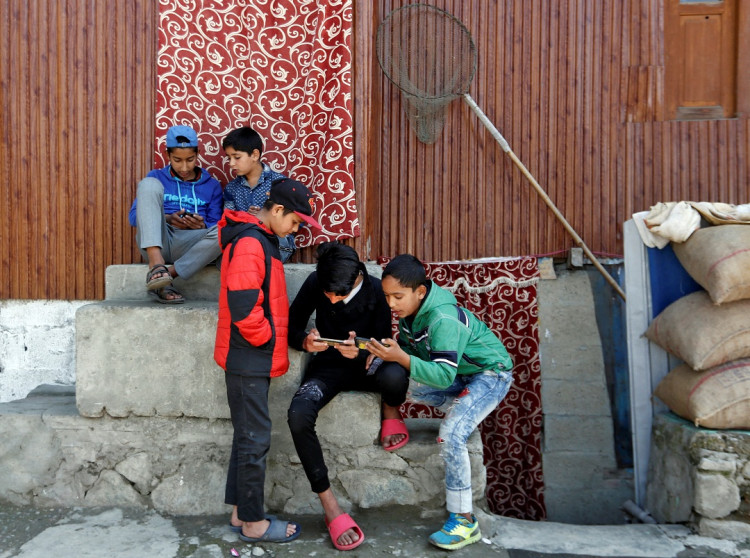In an effort to further curb the issue of video game addiction and excessive gaming by minors, China has rolled out new anti-addiction guidelines on top of the previous rules it had released to the public. The guidelines released by China's state sensor include suggested limits involving the time and money children and their parents spend on mobile and computer games.
The new rules, which were published on Tuesday, introduced several systems that are aimed at tracking and monitoring children's activities online. This includes a strict real-name registration system and an age rating system for all relevant games.
The State Administration of Press and Publication (SAPP) suggests that parents only allow their children to play games between 8 am and 10 pm, while also limited their gaming times to only around 1.5 hours per day. The agency also stated that parents and their children should spend no more than 400 yuan, or $57, on in-game purchases each month.
The new rules that were rolled out are similar to the regulations that had already been placed on video games on personal computers and consoles. The SAPP simply extended those rules to now include mobile titles. According to industry experts, the real-name and age rating system should have a huge impact on monitoring and controlling underage players.
SAPP is also currently working with the Ministry of Public Security to build an identification database that gaming companies can use to verify the identities and ages of their users. According to SAPP, the new regulations are aimed at managing the use of online games by minors to protect their mental and physical health.
The agency also revealed that gaming companies and developers who are found to have implemented systems to circumvent their newly imposed rules will face heavy penalties. Companies found to be promoting addiction or excessive spending and gaming will face penalties such as the removal of their gaming publishing licenses and heavy fines.
In China, children under the age of 12 make up around 20 percent of the country's internet users. Most access the internet to watch videos online, while a small portion does play online games. In 2018, the Chinese government had expressed concern over the growing amount of underage gamers and the likely impact it will have on their development and growth.
Gaming companies, such as Tencent, immediately responded to the government's criticism and implemented their own systems to curb addictive underage gaming. The company recently announced that it experimenting with a system that uses facial recognition technology to detect underage gamers.






